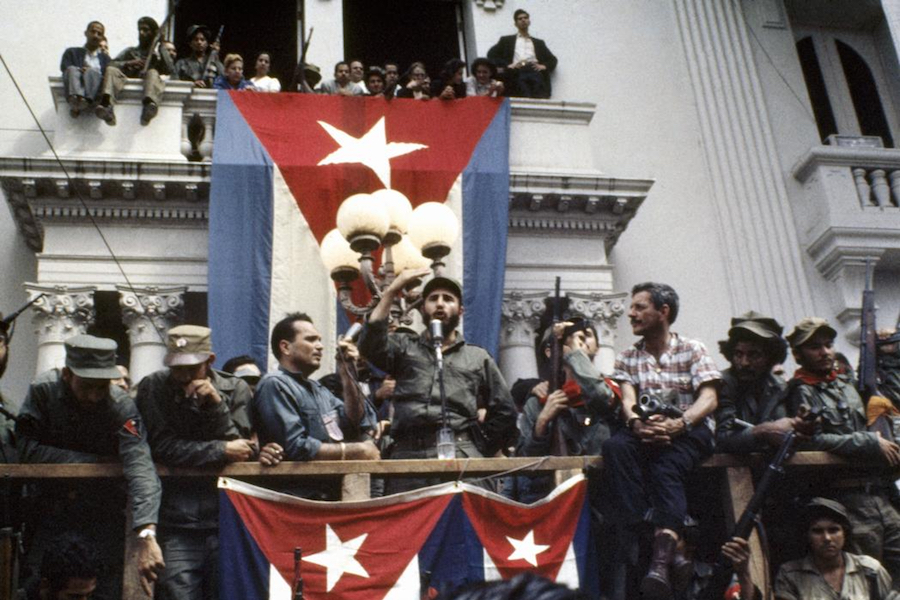
Politics
The U.S., Cuba, and Strategic Foreign Policy
Many of President Obama’s critics are characterizing him as a bumbling idiot and a traitor for having broken the 55-year old ice between the U.S. and Cuba. If they had their way, Cuba’s people would remain imprisoned by U.S. sanctions for another half century, long after the Castro brothers are gone. These are the same critics who continue to refer to China as “Red China,” would like to ensure that a new Cold War endures with Russia, and would be very pleased if the U.S. were to bomb Iran. They just don’t get it. The Cold War as they’ve known it and would like to see it has been gone for more than 20 years. More to the point, if the U.S. doesn’t think more strategically about its foreign policy, as Obama has in this case, it risks making itself a relic of the Cold War on the global chess board.
The crafting of U.S. foreign policy today is not simply based on partisanship, but a most noteworthy divide between those law makers whose frame of reference is stuck in the Eisenhower era, and those who recognize and embrace the ongoing transformation of our multipolar world.
It makes no sense to continue to think of the world as unipolar and of the U.S. as a white knight, yet there is a strong contingent of voters and representatives in Congress who also believe Ozzie and Harriet still exist and there really is a pony sitting at the bottom of that pile of manure. What planet are they living on?
If you ask me, Obama’s action on Cuba was a master stroke, and full of foresight. Given that negotiations have been ongoing for more than a year to make this happen, Obama preceded Russia’s annexation of Crimea. In doing so, he has undercut Putin’s ability to use Cuba as a pressure point against the U.S. going forward and has, in a single action, transformed a net negative for the U.S. and Cuba into a net positive for its government, people, and businesses.
The next step will be for Cuba’s people to force change on the Castro government – and that will come. The Castros know that, ultimately, political change will be the price of admission to this soiree, and I believe that is a price they are willing to pay. If not, they never would have permitted this to happen.
The message Obama is sending to the world is that he is not afraid to act boldly in his final two years in office, and he wishes to leave a meaningful foreign policy legacy in place. He has his work cut out for him, as his legacy is not going to be a good one in Syria or Iraq, and much of the Middle East will harbor resentment toward the U.S. for its actions over the past dozen years for a generation to come. Relations with Russia will likely remain frosty for as long as Putin remains power. But there are some significant opportunities to be seized with China, India, Indonesia, Mexico, and a host of other countries in the process of enacting meaningful change.
The larger message, however, is that America has an important choice to make in its next electoral cycle. It can embrace politicians who have a passport, have traveled throughout and know something about the world, speak intelligently about foreign policy and have some strategic vision, or it can embrace simple minded, uni-dimensional representatives who speak to their electorate and the American people like school children, and cast votes based on a terribly outdated view of the world. Only the latter would believe that it is not in America’s interest to move forward in places like Cuba, and that, in the long-term, both countries will be better off.

